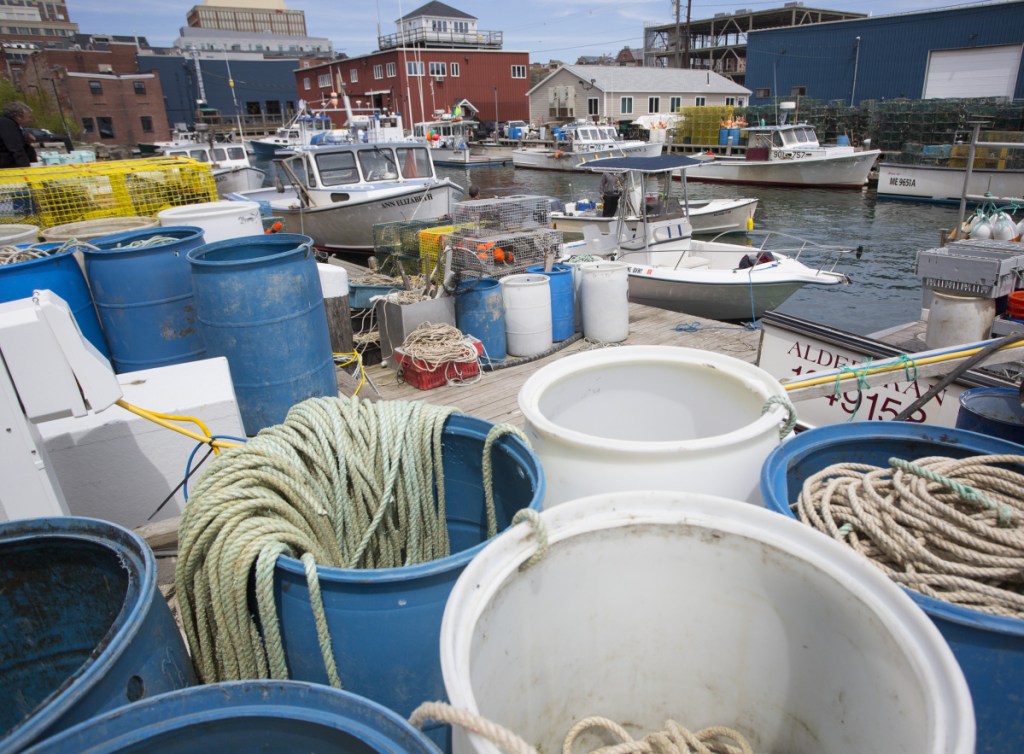During the late 1970s and early 1980s, when Portland had a strong sense of community and was in an earlier renaissance of cultural richness, great restaurants and wonderful retail stores, immense pressure emerged to remove water-dependent businesses along the waterfront to make space for residential development similar to what was then being constructed in Boston.
The debate was often intense. Because of decisions made then, we today have at least remnants of a working waterfront, which for hundreds of years has defined what Portland is, what makes it so attractive and what sets it apart.
In the rush to turn downtown Portland (and Peaks Island) into a large amusement park for tour boat passengers, Portland’s waterfront is again seen as more profitable as a platform for buildings rather than as essential habitat for a water-based economy.
Beyond the question of whether traditional waterfront uses should be displaced, the increasing certainty of substantial sea-level rise, combined with increased intensity and frequency of storm surges, suggests that Portland’s waterfront may not be sustainable as a site for buildings (or city utilities). I can already hear the heated demands for public expenditures to protect these proposed buildings from hazards that are already known but not yet fully manifest.
The characteristics of Portland that have caused people to invest millions of dollars in high-end residential property and quality hotels, and are a good part of why so many high-value businesses have moved into the Portland area, are beginning to change toward a seasonal tour boat-based retail economy divorced from its maritime history. One possible short-term benefit of trading boats for buildings is that it would probably diminish the value of Portland as a tour boat destination.
If Portland is not careful and more long term in its thinking, much more can be lost than just its historic working waterfront.
Peter Ryner
Windham
Copy the Story LinkSend questions/comments to the editors.



Success. Please wait for the page to reload. If the page does not reload within 5 seconds, please refresh the page.
Enter your email and password to access comments.
Hi, to comment on stories you must . This profile is in addition to your subscription and website login.
Already have a commenting profile? .
Invalid username/password.
Please check your email to confirm and complete your registration.
Only subscribers are eligible to post comments. Please subscribe or login first for digital access. Here’s why.
Use the form below to reset your password. When you've submitted your account email, we will send an email with a reset code.